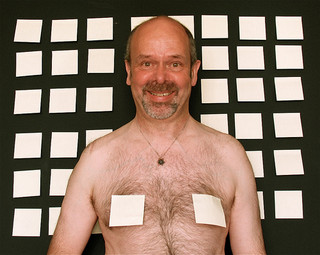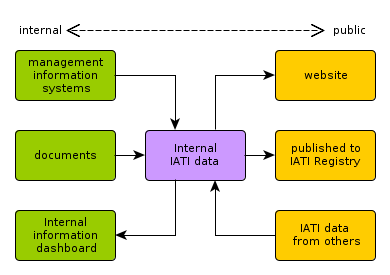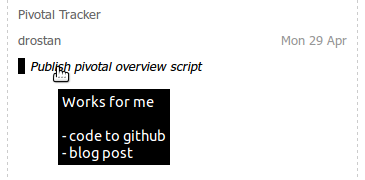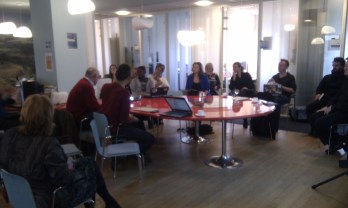Take note (or loose notes)

I like a tablet-only travel style: going to conferences without a laptop. I usually just want to take notes, follow social media, and do email. A tablet gives me mobility, both in weight and in battery life.
But at OKCon last week, I had major fail. I have an Android tablet, and I had been using Epistle for some time: a simple but useful text editor, that nicely connected with Dropbox to make my files available on my laptop.
A recurring problem with text editing (on Android devices, at least) is the lack of undo options in almost any app. Swipe your finger slightly wrong, type a letter, and your precious text is gone. Forever.



 Been a bit too busy to write, but still “pushing” interesting items in the news feeds I follow. Here are some highlights from recent months:
Been a bit too busy to write, but still “pushing” interesting items in the news feeds I follow. Here are some highlights from recent months:

